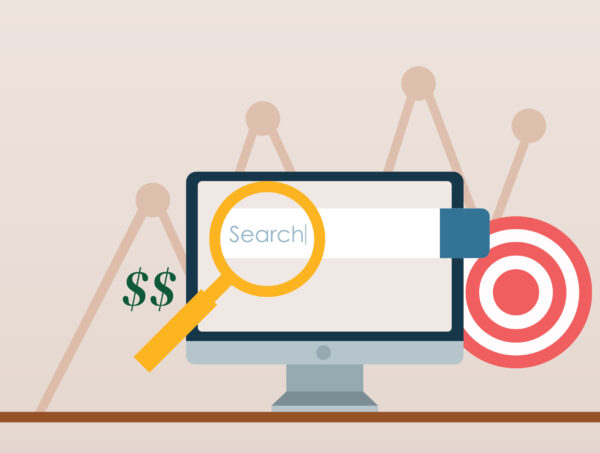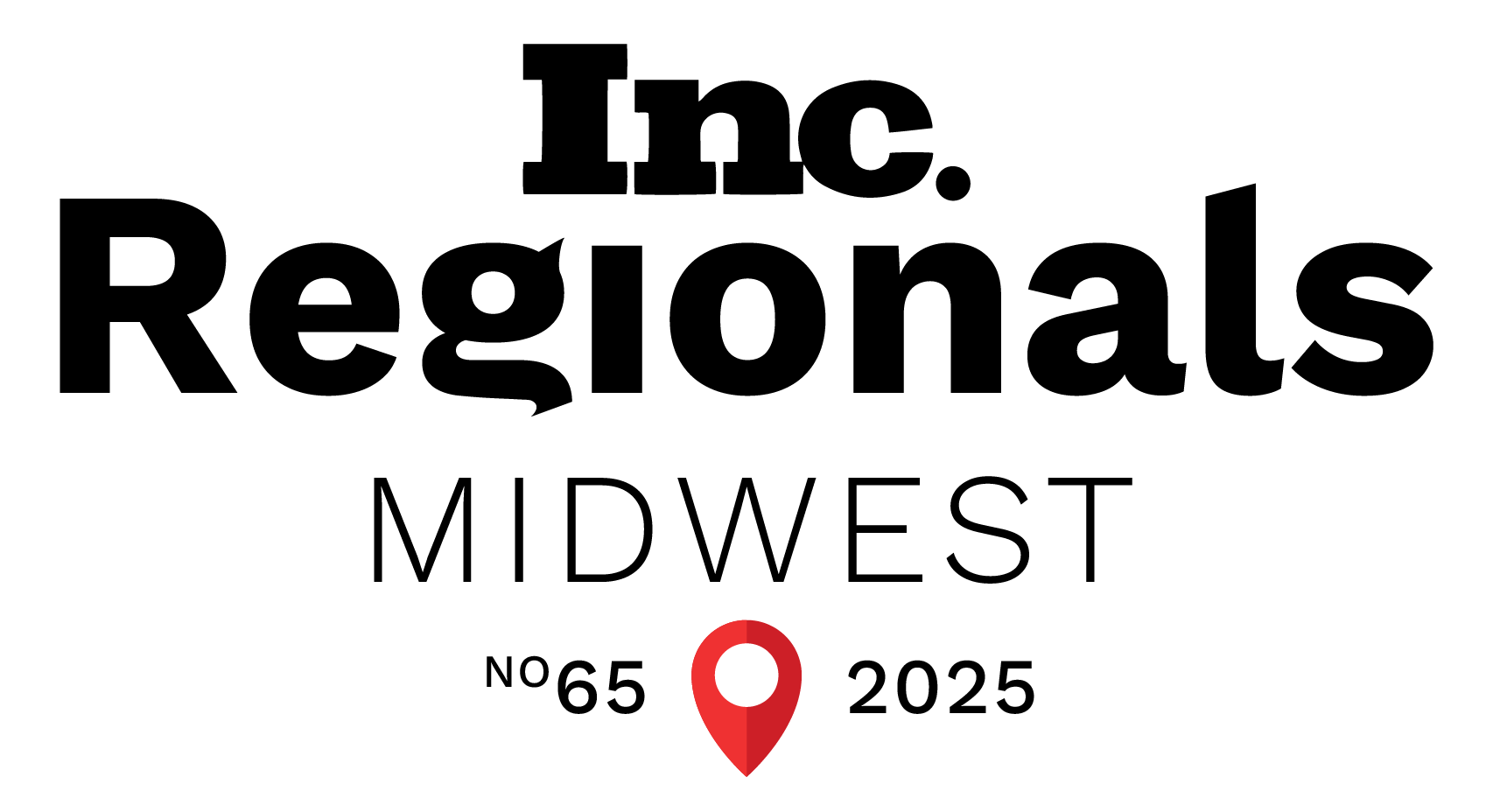

How long does it take to see digital marketing results?

As a business owner, you’re likely eager to see the results of your marketing efforts.
You may have heard varying answers to the question, “How long does it take for marketing to work?” Three months? Six months? A year (or longer)? Who’s right?
6 Variables That Affect Your Digital Marketing Timeline for Results
The timeline for digital marketing results depends on several factors, like domain authority, industry, and many other variables.
And while it might be nice to have that definite answer or guarantee, the reality is sometimes you have to experiment with different approaches to understand what resonates with your audience, which takes time. How much time exactly? The answer is different from business to business.
Here’s what we can do, though.
We’ll break down some variables to give you a more informed perspective on the potential timeframe for seeing digital marketing results. We’ll also help you identify potential key performance indicators (KPIs) that can help you pinpoint what’s working (and what isn’t).
The Truth About ‘Overnight Success’ in Digital Marketing
Digital marketing isn’t a one-time thing. It isn’t overnight. It is in-it-for-the-long-haul marketing.
So what happens when someone makes a big promise? What if they’ve outlined a guaranteed SEO timeline and results that seem almost…magical?
*Hint, if you’re ever promised a guaranteed SEO marketing strategy, run far away.
Any SEO or digital marketing agency promising quick fixes and fast results will likely make promises they can’t keep or employ black-hat SEO tactics that could penalize your site by search engines.
Digital marketing efforts take time and expertise. Best practices focus on long-term strategies rather than quick fixes—meaning that you need to be ready to invest in your company’s future.
Different Variables That Can Affect Digital Marketing Timelines
1. Your Starting Point
Your starting point serves as the baseline for all your digital marketing efforts. Are you a startup with zero online presence or an established business with some level of digital footprint? Building or rebuilding your trust and credibility can take a long time. Here’s what you need to consider:
- Domain Authority: If you’re starting with a brand-new website, building authority and ranking on search engines may take longer than a well-established site.
- Existing Audience: An existing customer base or social media following can speed up the results.
- Brand Recognition: Well-known brands can leverage their reputation to get quicker results than businesses still building brand awareness.
2. Marketing Channels
Every digital marketing strategy will likely leverage many different channels, and the ones you choose can significantly affect the speed at which you see results.
- SEO (Search Engine Optimization): SEO is a long-term strategy. It usually takes 3-6 months to start seeing results, and sometimes up to a year or more for highly competitive industries.
- PPC (Pay-Per-Click) Advertising: You might see results from PPC strategies in a few days to several weeks, but optimizing the campaigns for maximum return on investment (ROI) may take months. Since pay-per-click advertising functions on a bidding system, your budget will also significantly affect your timeline.
- Content Marketing: Similar to SEO, content marketing is a long-term commitment. The time it takes to see meaningful results can range from several months to a year, depending on the quality and relevance of your content. However, it’s worth noting that marketing efforts are cumulative; you may begin to see incremental improvements within a few months if you consistently produce and publish new content.
- Social Media Marketing: The time frame for seeing results from social media strategies can vary, but it’s generally shorter (ranging from weeks to months) when you leverage paid social advertising. However, building a loyal following on social media requires a longer commitment.
- Email Marketing: The effectiveness of email marketing can be felt both in the short-term and the long-term, depending mainly on the quality and segmentation of your email list. You can expect quicker results if you already have a well-segmented list of engaged recipients. However, if you’re starting without an existing email list, plan for a longer timeline.
3. Industry and Competition
In the world of digital marketing, not all industries are created equal. For example, if you’re in the e-commerce business selling low-cost or impulse-buy items, you’ll likely see sales roll in much faster than a business-to-business (B2B) software company would. The latter often involves nurturing leads for several months before they become paying customers.
But it’s not just about the nature of the product or service. Seasonal trends also play a role. If your industry peaks during certain times of the year—like holiday decorations in December—you’ll need to factor that into your expectations for when you’ll see results.
And let’s remember regulations. Industries like finance, healthcare, and pharmaceuticals have stringent rules that can slow your marketing efforts.
Lastly, the level of competition in your industry can significantly impact the speed at which you see results. Highly competitive markets require more time and effort to stand out, while niche or less competitive sectors might offer quicker wins.
Whatever industry you’re in, understanding its unique customer journey can help you set realistic goals and timelines for your digital marketing efforts.
4. Skills and Expertise
Experienced marketers can pinpoint winning strategies swiftly and set them in motion. Their expertise isn’t just about executing campaigns well; it’s about optimizing them for peak performance, naturally leading to a quicker ROI.
Expertise also means agility. If something isn’t working, seasoned marketers can spot the issue quickly and pivot accordingly, reducing downtime and ramping up overall effectiveness.
Plus, when you’re well-versed in the nuances of various platforms—from Google Ads and social media algorithms to email automation tools—you can launch and fine-tune campaigns at a faster clip.
So, in digital marketing, expertise isn’t just nice to have; it’s a potent accelerator.
At Metric Marketing, we don’t just aim for good; we aim for exceptional. We bring the skills, experience, and agility to navigate the ever-changing digital marketing terrain.
5. Market Conditions
It’s not just about what you’re doing—it’s also about what’s happening around you. The economic and social climate can significantly shape the success of your digital marketing strategy.
Take the economy, for instance. Your digital marketing campaigns often flourish when times are good and people are spending. But even the most well-crafted strategy could struggle in an economic downturn.
Industry dynamics also come into play. If you’re in a fast-moving field like technology, you might see quicker—but more unpredictable—results from your digital marketing efforts.
It is important to consider these external factors as you map out your digital marketing plan. They can help you set more realistic goals and better prepare for the ups and downs.
6. Digital Marketing Budget
Your budget isn’t just a line item—it’s a strategic asset that can empower and limit your marketing efforts. Notably, according to HubSpot’s 2021 State of Marketing report, 63% of companies increased their digital marketing budgets in the last year.
While digital channels may level the playing field compared to traditional media, they also come with financial challenges.
- Scope of the Campaign: A limited budget can be like a tightrope, forcing you to make hard choices. Do you opt for multiple platforms or focus on just one? Do you diversify your content or zero in on a specific type? These budget constraints can curb your campaign’s reach and visibility.
- Competitive Edge: In highly competitive industries, having a smaller budget can put you at a distinct disadvantage, especially in paid advertising channels like PPC, where bidding wars can drive up costs. More prominent players can outbid smaller competitors, making it challenging for them to gain visibility. HubSpot’s report also noted that growing businesses invest about 14% of their revenue toward the digital marketing budget, while smaller businesses invest 5-10%.
- Experimentation and Adaptability: A generous budget lets you play around with A/B testing and quickly adjust to market trends or consumer shifts. On a shoestring budget, however, this adaptability becomes a luxury you might not be able to afford.
How Marketing KPIs Impact Your Timeline
Marketing key performance indicators (KPIs) are quantifiable metrics used to measure the effectiveness of your marketing efforts. These objectives range from increasing website traffic to generating leads and improving conversion rates.
KPIs help you understand the most effective marketing channels and tactics, allowing you to allocate resources more efficiently. By monitoring KPIs, you can make informed, data-driven decisions (our favorite kind).
Examples of Marketing KPIs
- Pageviews: The total number of pages viewed on your website.
- Click-Through Rate (CTR): The ratio of clicks to impressions on your ads or links.
- Conversion Rate: The percentage of visitors who complete a desired action (e.g., making a purchase or signing up for a newsletter).
- Cost Per Conversion: The average cost of acquiring a customer through a specific marketing channel.
- Customer Acquisition Cost (CAC): The average cost to acquire a new customer.
- Followers/Fan Growth: The rate at which your social media audience is growing.
- Engagement Rate: The level of interaction users have with your social media posts, often calculated as a percentage of total impressions.
KPIs and Your Marketing Timeline
If your goal is to increase pageviews, you might find that the timeline to achieve this is relatively short, especially if you’re leveraging paid advertising or already have an established audience.
KPIs, such as improving conversion rates, are often more complicated and time-consuming. To optimize for conversions, you’ll likely need to conduct A/B tests, optimize landing pages, and perhaps even rework your entire sales funnel.
Additionally, ambitious goals often require more elaborate strategies, resources, and, inevitably, more time. Even increasing page views can require a significant time investment if you want a huge increase in traffic.
Digital Marketing Success Is a Journey, Not a Destination
When you finally start seeing results and reaching your goals, you can’t relinquish or return to your old ways. Instead, maintaining your online presence requires continuously implementing your digital marketing strategy.
An effective strategy is one that’s built on measurable goals. If those goals are met, the job isn’t done—new objectives are set, turning your approach into a recursive process. This cycle isn’t just about short-term gains; it’s an investment in the long-term vitality of your company’s online presence.
Ready to Elevate Your Online Success? Choose Metric Marketing
If you are looking for a quick fix or immediate results, Metric Marketing is not a good fit for you. But if you’re looking for a partner committed to working alongside you to help your business succeed online, that’s right up our alley.
At Metric Marketing, we don’t just implement strategies; we invest in your business’s long-term digital success. Connect with us to start the conversation.
That's great and all, but...
Looking for real examples?
Ready to Inquire?








